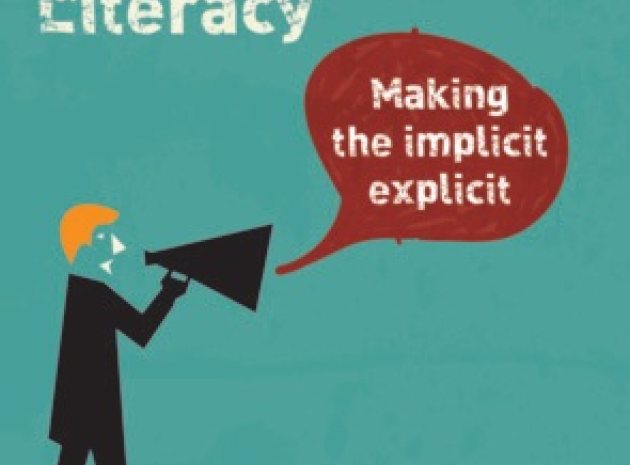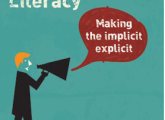What every teacher needs to know about… LESSON OBSERVATION
Observed lessons are a fact of life. Throughout every teacher’s career, from time to time someone will turn up with a clipboard and pass judgment on his or her teaching. This is so acceptable and unremarkable as to be hardly worth saying. That is until you start asking why. You see, there’s no evidence that observing lessons improves teaching, or, more to the point, learning.
Think about that for a moment.
If observing lessons doesn’t improve teaching and learning, why do we do it? Before the advent of Ofsted, the practice of lesson observation was much less widespread; some teachers may never have had a lesson observed. Ofsted exists to evaluate the effectiveness of schools and lesson observation has become possibly the most important tool for measuring whether or not a teacher is up to snuff. After all, it stands to reason; anyone can tell whether a teacher is any good from watching them teach, right?
Judgement calls
Well, maybe not. In a major study undertaken by the MET Project in the US, $60 million was spent investigating the reliability and validity of lesson observation. A lot of time and money was spent – certainly far more than has ever been spent in the UK – training excellent teachers to become excellent observers. In order to test how accurate these highly trained observers were they had them complete paired observations of lessons. Typically, paired observation works by observers saying, “I thought that was pretty good, what did you think?” and then negotiating the outcome. In this case observers handed in their evaluations separately without communicating.
Worryingly, what the researchers discovered was that if one observer awarded a lesson a top grade there would be an up to 78% likelihood of the second observer recording a different grade. And even more alarmingly, if an observer recorded the lowest grade, the probability that second observer would reach a different conclusion went up to 90%!
Numbers assigned to graded lesson observations are entirely and utterly subjective, but they are so comforting as they provide the illusion of hard data. As Robert Coe, professor of education at Durham University says,
“If we were to use the best classroom observation ratings, for example, to identify teachers as ‘above’ or ‘below’ average and compare this to their impact on student learning we would get it right about 60% of the time, compared with the 50% we would get by just tossing a coin.”
Read that again: we would get a more accurate judgement if we just tossed a coin! It would be fairer, or at least more honest, to simply say, “I don’t like you.” Assigning numbers to something as complex as teacher effectiveness results in voodoo statistics; I often hear school leaders making statements such as, 80% of the teaching in our school is good or better. What? How do you know? What they really mean is, we like 80% of the teaching in our school.
Prejudice and pride
As you are no doubt aware, Ofsted has recently abandoned the practice of grading lessons recognising that such grades have no reliability or validity. But they still continue to observe lessons.
Lesson observation, whether the aim is summative or formative, is predicated on a set of dubious assumptions. We believe that we can see learning whereas in fact learning takes place insides our students’ minds; all we can see is what they do. Coe refers to these visible signs as “poor proxies” for learning. Students answering questions, teachers providing feedback, and class getting on with productive activities might lead to learning, but it might not. Just because a student can do something in a lesson does not mean they will still be able to do it next lesson.
Lesson observation produces a strong emotional response. We bring our prejudices and biases to bear on the lessons we observe. If we like a thing it must be good; if we don’t it’s obviously rubbish. These emotional reactions happen so quickly and are so over powering that they blind us to other interpretations. As social psychologist, Robert Zajonc put it, “preferences need no inferences”. Instead they “reduce the universe of alternatives” and we are left only with the need to justify what we have been suckered into believing must be objectively true. To make matters worse, what we like is very often subject to vagaries of fashion. Just because a teacher is doing something pedagogically interesting doesn’t mean it’s effective. If you’re convinced that every lesson should be crammed with independent learning, group work or higher-order questioning then you will tend to prefer those lessons which confirm your particular biases.
None of this is to say that classroom observation cannot be effective, just that we shouldn’t assume or take for granted that it is. It seems to me that the person who learn most from observing a lesson is the observer. If we want to use lesson observation to to improve teaching rather than as a misbegotten accountability measure, we should find ways to get those who teach most to observe more. Maybe school leaders with lighter timetables could best use their time by covering colleagues’ classes to allow this to happen.










